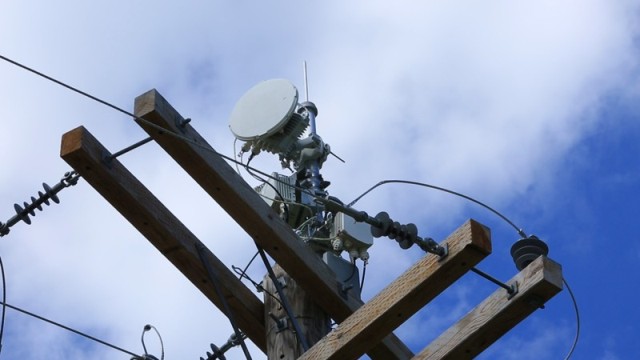Elliott, which is one of the major investors in AT&T with $32 billion investment, has revealed what went wrong for the telecom operator.
 Elliott had earlier removed the management of Telecom Italia (TIM) in order to improve the performance. Elliott indicated that the AT&T needs two persons for the role of chairman and CEO. This shows that Randall Stephenson should be out of the CEO of job.
Elliott had earlier removed the management of Telecom Italia (TIM) in order to improve the performance. Elliott indicated that the AT&T needs two persons for the role of chairman and CEO. This shows that Randall Stephenson should be out of the CEO of job.
Elliott also criticized the selection of John Stankey as the president and COO who could settle into the CEO position of Randall Stephenson later. Recently, AT&T lost its CEO of AT&T Communications which responsible for 80 percent of the revenue.
In a letter to AT&T chairman and CEO Randall Stephenson, Elliott said the company can achieve $60+ per share of value by the end of 2021. This represents 65 percent + upside to today’s share price.
“Our management team will review Elliott Management’s perspectives in the context of the company’s business strategy. We look forward to engaging with Elliott,” AT&T said in a statement issued on Monday.
AT&T said its strategy is driven by businesses it has assembled across communications networks and media and entertainment. AT&T believes that growing and investing in these businesses is the best path forward for the company.
AT&T’s $200 billion worth of acquisitions did not bring enough result for the company. It said AT&T’s M&A strategy has contributed to its share price underperformance and caused distractions that have contributed to the company’s operational underperformance in recent quarters.
T-Mobile, the third largest operator, has grown its share of the wireless revenues by ~600 basis points in the last decade while AT&T’s share has shrunk ~400 basis points, making it the worst performer of the big 4 group.
AT&T, which secured exclusive distribution of the Apple iPhone in 2017, struggled to scale its infrastructure and add capacity, resulting in well-publicized network unreliability and customer-satisfaction issues.
Verizon expanded 4G LTE footprint and earned a reputation for superior network quality, as well as $20 billion dollars of additional wireless revenue.
Verizon won mindshare as the network quality leader in the United States. T-Mobile has disrupted the industry by eliminating contracts while offering family plans and unlimited packages. Verizon took up the premium end of the market, Sprint targeted the low end and T-Mobile was the disruptive innovator. AT&T was comparatively static, without clear brand positioning.
Mergers
AT&T in March of 2011 attempted to buy T-Mobile for $39 billion. At the time, T-Mobile was a distant fourthplace competitor struggling to keep pace with AT&T and Verizon. AT&T paid the largest break-up fee of all time and provided T-Mobile with a 7-year roaming deal and the invaluable spectrum.
AT&T in 2014 announced the $67 billion acquisition of DirecTV, becoming the largest pay TV operator in the country. AT&T has lost premium TV subscribers as the pay TV industry, particularly satellite, struggles mightily. AT&T acquired DirecTV at the absolute peak of the linear TV market.
AT&T in 2016 acquired Time Warner for $109 billion. AT&T is yet to articulate a strategic rationale for why AT&T needs to own Time Warner.
AT&T should divest its home security business, regional sports networks, CME, Sky Mexico, Latin American pay TV business (Vrio), Puerto Rican operations and many, many more. AT&T should also consider DirecTV, the Mexican wireless operations, pieces of the wireline footprint, and other assets for divestment.
AT&T’s wireless service EBITDA margins have always been lower than Verizon’s, but last year the gap in service EBITDA margins increased to ~1,500bps on a comparable basis with historical periods.
Verizon’s revenue per employee (~$900k) is nearly 30 percent higher than AT&T’s (~$700k). Verizon is currently executing against a $10 billion cost takeout program and reducing headcount by more than 10 percent in the last year alone.
Baburajan K





